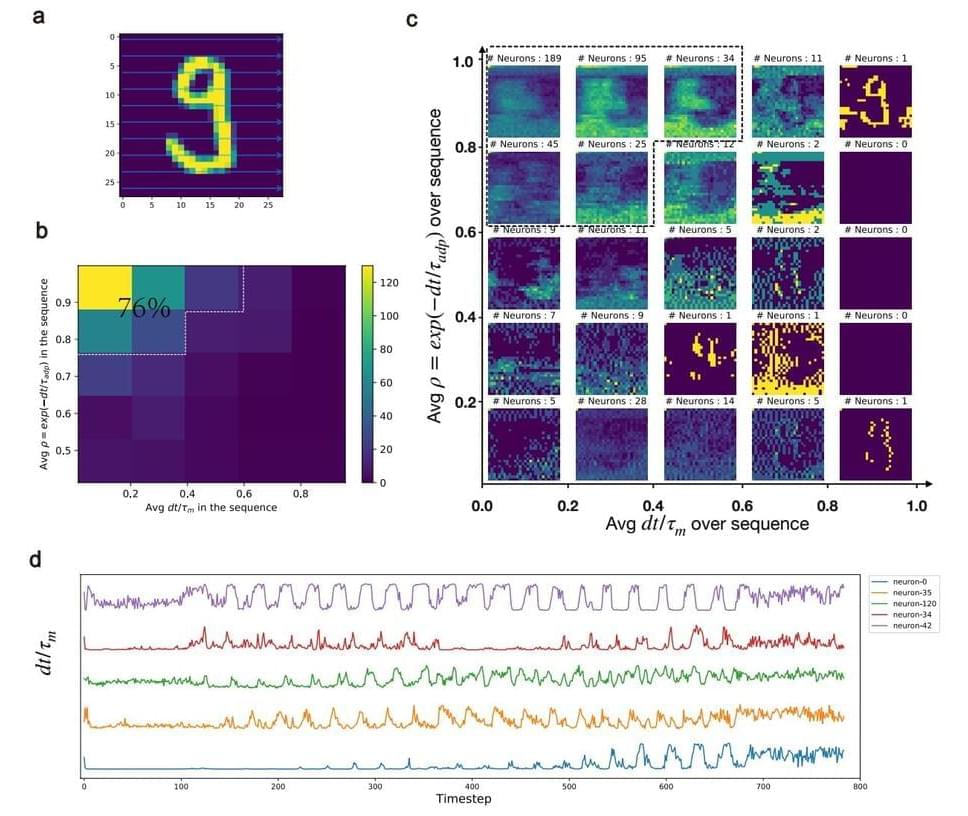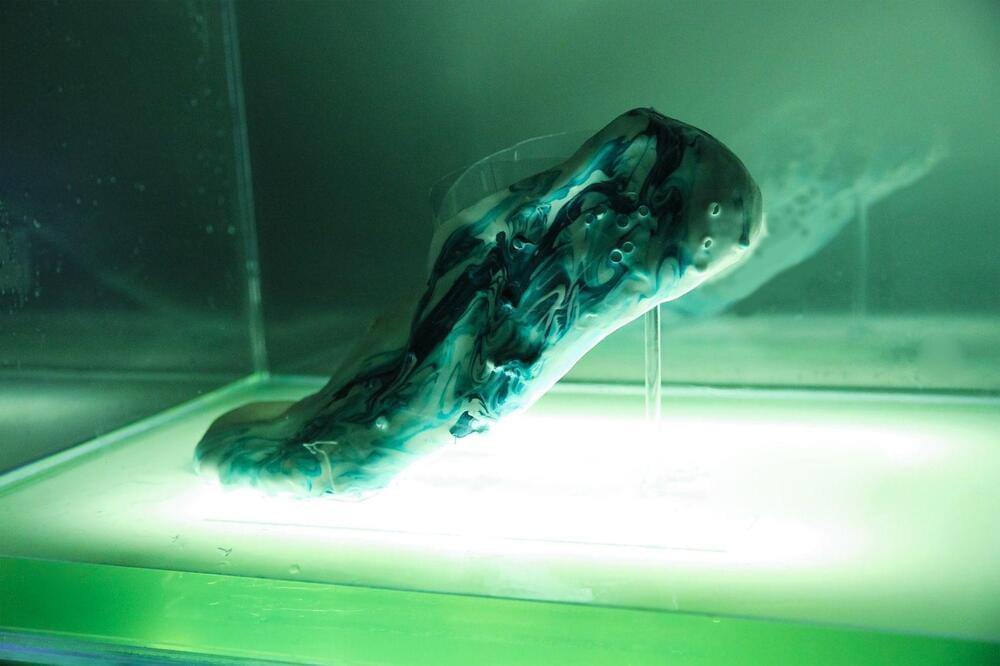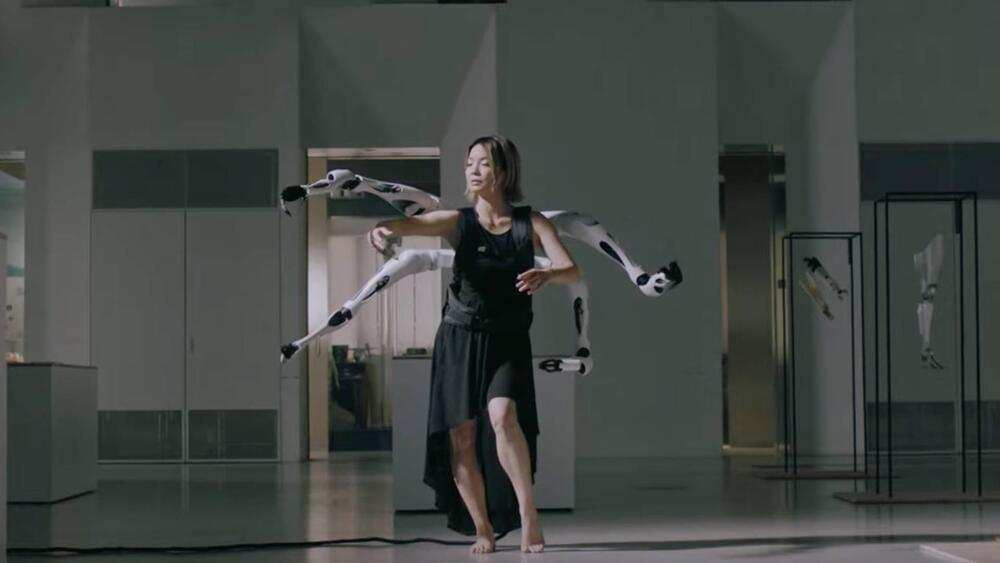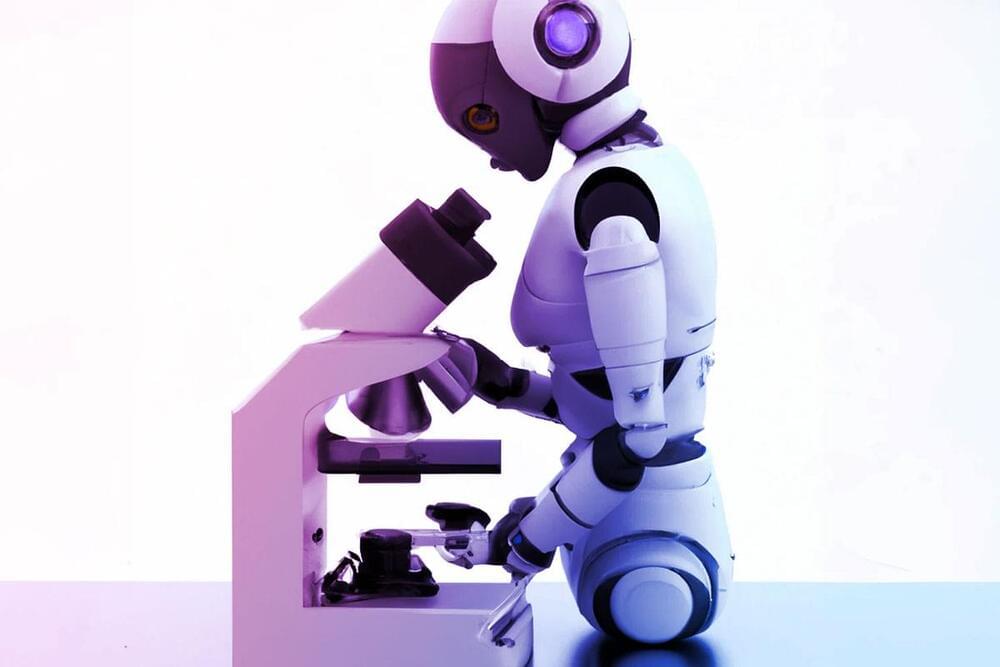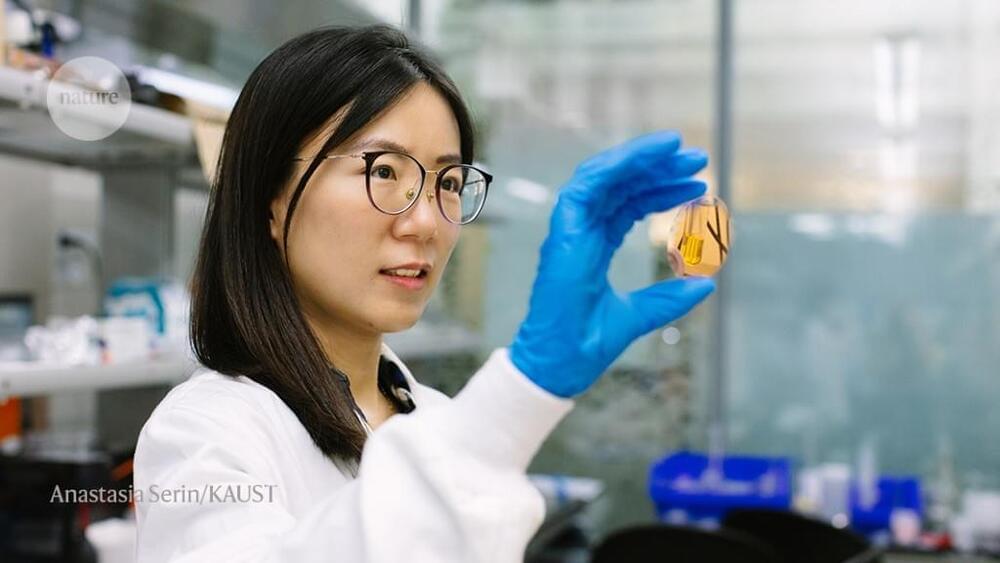May 8, 2023
Study presents large brain-like neural networks for AI
Posted by Saúl Morales Rodriguéz in categories: augmented reality, biological, mobile phones, robotics/AI, virtual reality, wearables
In a new study in Nature Machine Intelligence, researchers Bojian Yin and Sander Bohté from the HBP partner Dutch National Research Institute for Mathematics and Computer Science (CWI) demonstrate a significant step towards artificial intelligence that can be used in local devices like smartphones and in VR-like applications, while protecting privacy.
They show how brain-like neurons combined with novel learning methods enable training fast and energy-efficient spiking neural networks on a large scale. Potential applications range from wearable AI to speech recognition and Augmented Reality.
While modern artificial neural networks are the backbone of the current AI revolution, they are only loosely inspired by networks of real, biological neurons such as our brain. The brain however is a much larger network, much more energy-efficient, and can respond ultra-fast when triggered by external events. Spiking neural networks are special types of neural networks that more closely mimic the working of biological neurons: the neurons of our nervous system communicate by exchanging electrical pulses, and they do so only sparingly.
